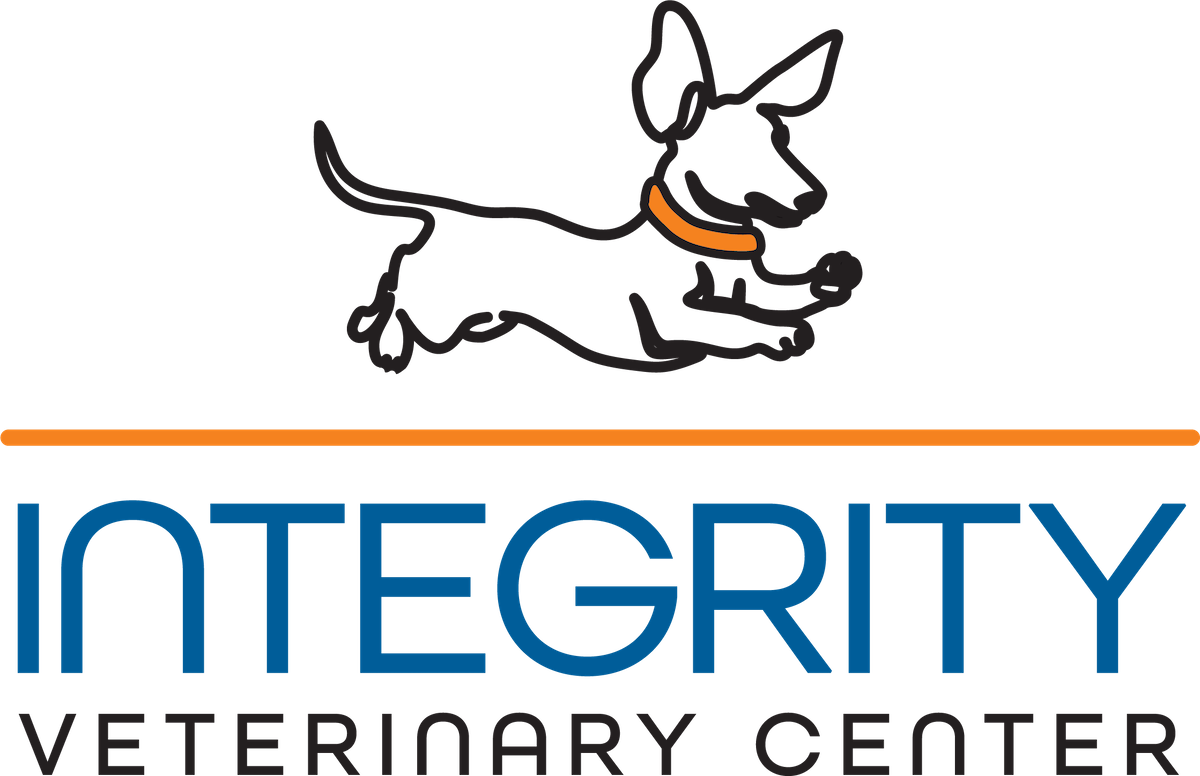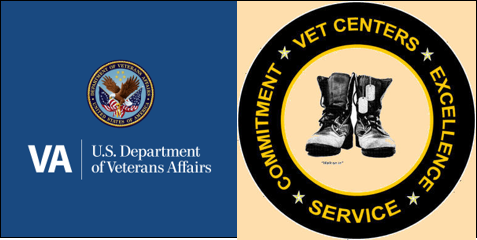
European Directive 2005/36/EC states that ethics is a core subject of veterinary education, without providing clear competencies for students to achieve in this area. A joint report of the Federation of Veterinarians of Europe (FVE) and the European Association of Establishments for Veterinary Education (EAEVE) called for more uniform, comprehensive teaching of animal welfare, ethics and law across veterinary schools, stating that “one cannot be a good clinician without being aware of the ethical issues in decision-making in practice”. There is scope for further development and refinement of veterinary ethics teaching.
INTEGRITY VET PROFESSIONAL
For example, in its Day One Competencies, the UK’s Royal College of Veterinary Surgeons states that new graduates should be able to “understand the ethical and legal responsibilities of the veterinary surgeon in relation to patients, clients, society and the environment” and have underpinning knowledge and understanding of “the ethical framework within which veterinary surgeons should work, including important ethical theories that inform decision-making in professional and animal welfare-related ethics”.

Ethics is now included in most veterinary curricula, not least because it is an expected Day One Competency for veterinary graduates. Since then, the teaching of veterinary ethics has expanded. Ethical questions around euthanasia decision-making (for example, is it ever acceptable to euthanize a healthy animal?) were not examined.
INTEGRITY VET HOW TO
When it was first formally taught, veterinary ethics dealt mostly with aspects of professionalism, for example, how to refer cases, issues around steering and advertising-what Rollin called matters of “professional etiquette”. Veterinary ethics teaching and application in practice have changed considerably over the past decade. Ensuring that robust ethical frameworks are employed will ultimately help veterinarians to “speak up” to address animal welfare concerns and prevent future harms. A number of examples are provided to illustrate this point. Insufficiently mature ethical reasoning or a lack of veterinary ethical sensitivity can lead to an inability or difficulty in speaking up about concerns with clients and ultimately, failure in their duty of care to animals, leading to poor animal welfare outcomes. An overview is provided of how veterinary ethics are taught and how common ethical frameworks and approaches are employed-along with legislation, guidelines and codes of professional conduct-to address animal welfare issues. Veterinary ethics is a relatively new area of educational focus but is thought to be critically important in helping veterinarians formulate their approach to clinical case management and in determining the overall acceptability of practices towards animals. I accept as a lifelong obligation the continual improvement of my professional knowledge and competence.Although expectations for appropriate animal care are present in most developed countries, significant animal welfare challenges continue to be seen on a regular basis in all areas of veterinary practice. I will practice my profession conscientiously, with dignity and in keeping with the principles of veterinary medical ethics. That our patients and clients are better off in our care than anywhereīeing admitted to the profession of veterinary medicine, I solemnly swear to use my scientific knowledge and skills for the benefit of society through the protection of animal health, the relief of animal suffering, the conservation of livestock resources, the promotion of public health and the advancement of medical knowledge. Our work will be of a caliber that will allow us to know in our hearts,

We will be an organization that each of us is proud to be a part of. Our doctors and staff are committed to providing the most technologically advanced diagnostic evaluation and patient treatment and we will maintain our quality of standards in our profession through continuing education and programs. We will spare no effort in the service of our clients or the quality in which we care for our patients. Our patients and clients will always be treated as if they are a part

Cottonwood Animal Hospital is committed to providing quality state of the art veterinary medicine with the utmost in integrity and compassion.


 0 kommentar(er)
0 kommentar(er)
